Expansion Vessels
-
In Stock
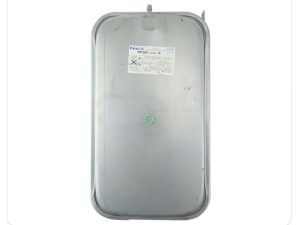
Alpha Boiler Expansion Vessel (8L) 1.023560 was 1.015394 Type 1
£49.34 – £81.00 Select Options This product has multiple variants. The options may be chosen on the product page -
In Stock

Alpha Boiler Expansion Vessel (8L) 1.023560 was 1.015394 Type 2
£50.60 – £81.00 Select Options This product has multiple variants. The options may be chosen on the product page -
Out of Stock

Alpha Expansion Vessel 1.021528
£71.40 – £84.99 Select Options This product has multiple variants. The options may be chosen on the product page -
Out of Stock
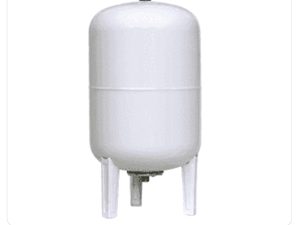
Altecnic – ERES 80 Litre Potable Expansion Vessel – ER-PV80
£165.60 Exc. VAT £138.00 Add to cart -
Out of Stock
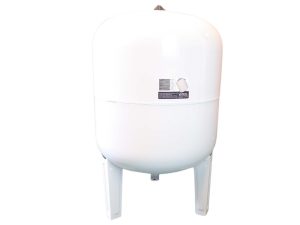
Altecnic Eres 80 Litre Potable Expansion Vessel ER-PV80
£144.00 Exc. VAT £120.00 Add to cart -
In Stock
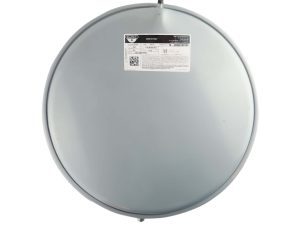
Ariston Boiler Expansion Vessel (6 Litre) 998616
£27.60 – £46.20 Select Options This product has multiple variants. The options may be chosen on the product page -
Out of Stock
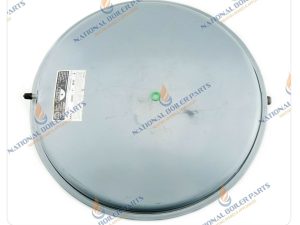
Ariston Clas System Boiler Expansion Vessel 65104261
£41.00 Exc. VAT £34.17 Add to cart -
In Stock
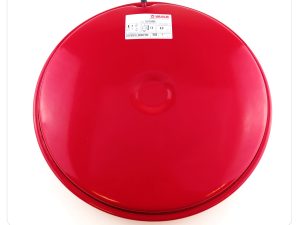
Ariston Genus MMFI Boiler Expansion Vessel 573294
£75.00 Exc. VAT £62.50 Add to cart -
In Stock
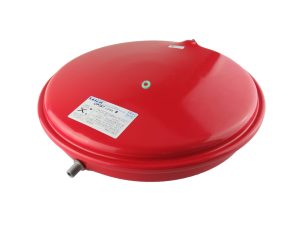
Baxi Boiler Expansion Vessel 248024
£26.40 – £70.50 Select Options This product has multiple variants. The options may be chosen on the product page -
In Stock
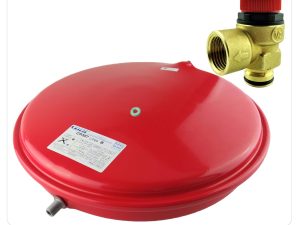
Baxi Combi Expansion Vessel with PRV 248024
£31.62 Exc. VAT £26.35 Add to cart -
In Stock
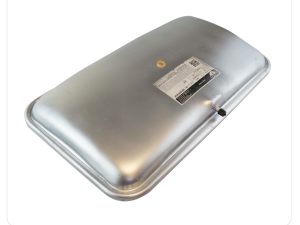
Baxi Combi He Plus, Solo 3 Expansion Vessel with Washer 240388
£54.99 – £120.00 Select Options This product has multiple variants. The options may be chosen on the product page -
In Stock

Baxi Main Potterton Boiler Expansion Vessel (10L) 5114692
£30.00 – £58.21 Select Options This product has multiple variants. The options may be chosen on the product page
